Reconquete is a party that was born in 2021 and is now running for the European elections. What are your expectations?
Reconquete! is a new political force, created two years ago by Eric Zemmour, and today Marion Marechal and I are involved in this European campaign. Our goal is to consolidate Reconquête!’s place in the French political landscape. The polls put us at seven or eight percent, which would already give us seven or eight MEPs.
The real challenge of these European elections is to elect MEPs who can have a real influence in the European Parliament. That’s the case for Reconquete and it’s not the case for our main competitors, Les Republicains: they have few MEPs, and are part of the European People’s Party group (EPP) that supports Ursula von der Leyen. So for right-wing voters it’s a betrayal and useless for defending right-wing ideas. As for the Rassemblement National, it will without doubt have a good result with a lot of MEPs, but that was already the case at the previous European elections of 2019, and it’s pointless because they are completely isolated and have no influence in the European Parliament.
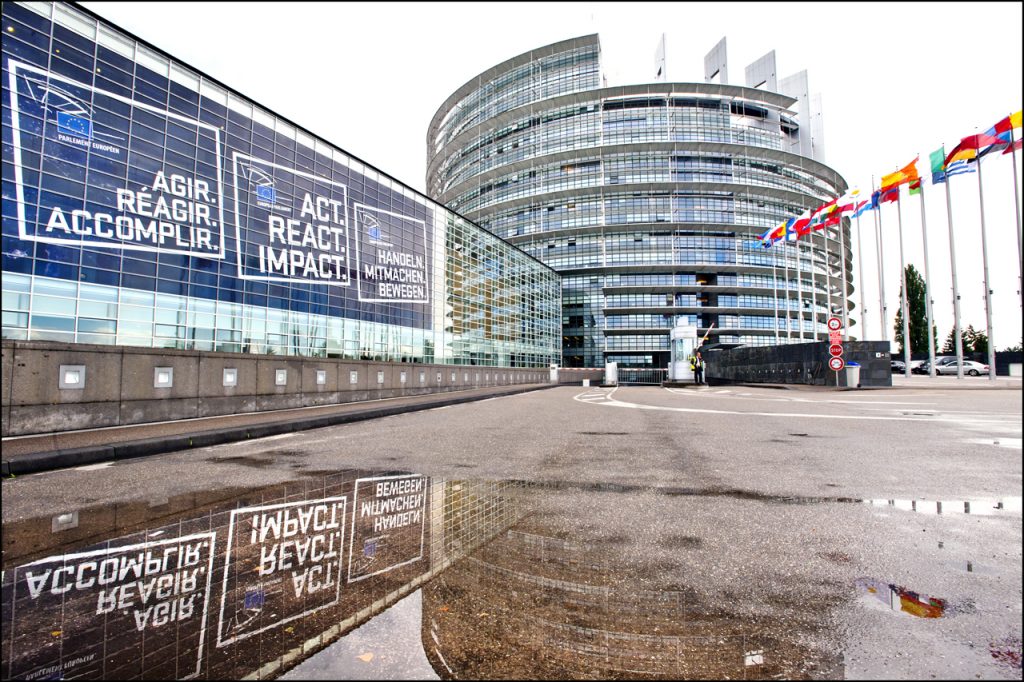
Building decorations displaying the slogan for the European election in 2013 (Photo: © European Union 2013 – European Parliament)
Reconquete will have MEPs like Marion Marechal, Guillaume Peltier, Sarah Knafo and myself who have solid political experience, parliamentary experience, and who will be in the European Conservative and Reformists (ECR) group, which can be the linchpin of a recomposition of the European Parliament to try to prevent the majority bloc of the false right, the EPP, the Socialists and the Liberals with Emmanuel Macron from dominating the European Parliament again.
What is really at stake on June 9 is tipping the European Parliament to the right and preventing Ursula von der Leyen from remaining at the head of the Commission for another five years.
Focusing on French politics, what is the current situation in France with illegal and mass immigration?
For 50 years now, France has been suffering from mass immigration as a result of laws passed at the end of the 1970s, with what is known as family reunification, that is, the possibility for foreigners to bring their whole family to France when they arrive. So it’s a long-standing responsibility of different governments, not just Emmanuel Macron.
The serious thing about Macron’s policy is that he is making the situation worse every day. Never before have so many migrants entered France every year. Today we have 500 000 legal entrants into France every year, to which we have to add illegal immigrants. This is obviously unsustainable.
This means that since Emmanuel Macron came to power, around three million more foreigners have entered.
And as immigration to France mainly comes from countries on the African continent, the Maghreb and sub-Saharan Africa, well it’s an immigration that is incompatible with our culture and mores.
It creates huge security problems, huge economic problems and social problems too, because it costs a lot of money to our public finances, and it’s an immigration of people who don’t work. Those who want to work often go to other countries, such as Germany, where there are jobs. They come to France when they don’t want to or can’t work.
And then the consequence of this immigration is what we call the Grand Remplacement, i.e. population substitution. When 500 000 people enter a country of 70 million every year, within a few decades you are replaced. And what’s more, they’re being replaced brutally, violently and painfully, because it’s mainly Muslim immigration, with an Islam that is increasingly conquering, increasingly aggressive, against our values and our way of life.
What does Reconquete propose to change this?
That’s what Marion Marechal and Eric Zemmour and I are defending. We want to stop immigration altogether and organise the return of all foreigners who are delinquents, criminals, foreigners on file for religious radicalisation, and, beyond that, all foreigners, for example, who live in France legally but don’t have a job, aren’t integrated, and therefore have no business staying. They should also leave.
The problem is that Emmanuel Macron is defending von der Leyen’s vision of the migration pact, of the forced distribution of migrants, with one illusion: that the distribution of migration in Europe would lead to fewer migrants coming to France.
This is false because the more we send the signal to the African continent that Europe welcomes migrants, that it treats them well, that it distributes them throughout Europe, the more migrants will come. And given the very dynamic demography of the African continent, this is obviously a mortal danger.
So unfortunately Macron is continuing with a lax immigration policy, and today we are defending not just zero immigration, but what we call negative net migration, meaning that every year there are many more migrants leaving and almost none coming in.
Moving to French international politics, Macron has changed his position on the Russian-Ukrainian war, as at the beginning he maintained a position for a diplomatic solution, but now he has a position of giving more money, weapons and has even talked about the possibility of sending soldiers. What do you think of this change of position?
What characterises Macron is his fickleness. He is constantly changing his position and his ideas. He went to the Kremlin, met Putin, came out of the negotiations saying he had saved the peace, and 24 hours later the military invasion of Ukraine began.
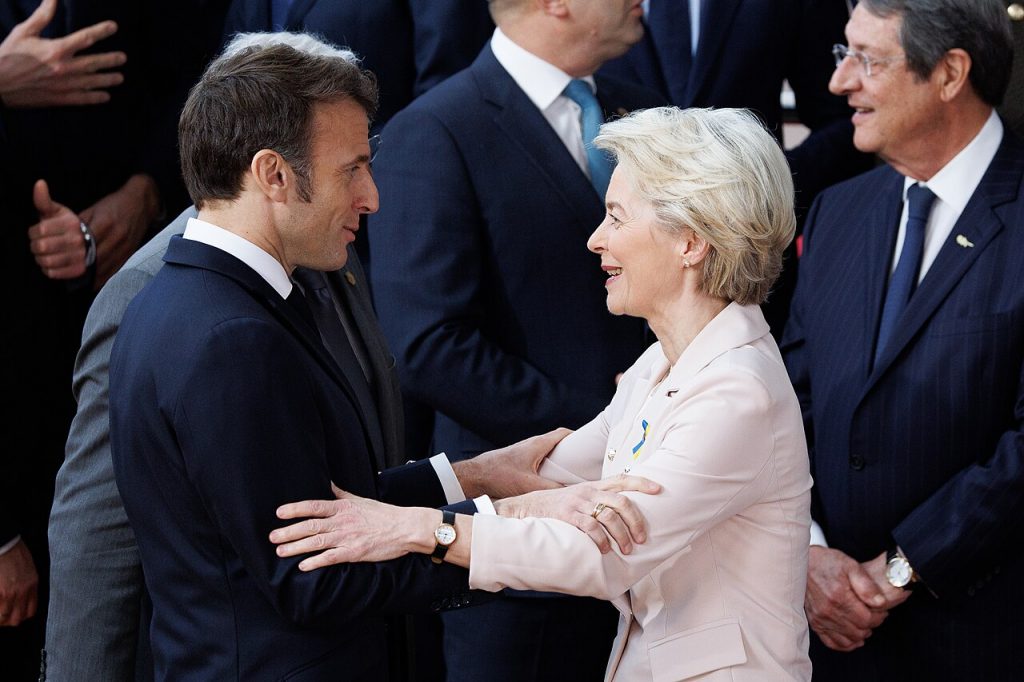
French president Emmanuel Macron and European Commission President Ursula von der Leyen in 2023 (Photo: EU/Christophe Licoppe)
It’s clear that this is someone who, instead of taking reality into account, takes account only of an ideological vision and his own personal interests.
What is your position on the Russian-Ukrainian conflict?
What we are saying about the war in Ukraine is that it is absolutely necessary for Ukraine to defend itself. We obviously need to support Ukraine’s defence.
But we must also preserve our ability to return to the path of peace, which will at some point require not only the use of force but also diplomacy.
So we must not go beyond support for Ukraine, to avoid risking a flare-up of the conflict. So we must support Ukraine and gradually re-establish the conditions for diplomatic dialogue, because what is regrettable is that everything that was done before the war created the conditions for war.
Obviously, this does not absolve Putin of his responsibility. He violated international law, he attacked Ukraine, that’s unacceptable. But it is now clear that the moral lessons of the European Union, the spiral of sanctions, haven’t dissuaded Russia moving towards conflict, maybe actually the contrary, and this is what must be avoided in the future.
Macron is slowly abandoning France’s presence in Africa. Do you think it was a good policy to leave Africa?
It’s a complicated issue. Africa is partly made up of countries that were former French colonies, and in some cases decolonisation was brutal and painful, as in the case of Algeria, while in other cases it was peaceful and saw a smooth transition, as in the case of countries such as Senegal, Morocco and Tunisia. So what is certain is that France has a voice that is still awaited in many African countries. But we must avoid doing what has been done for decades, i.e. continuing to finance Africa without reaping any political or economic benefits.
France has imposed on itself all the disadvantages of colonisation, notably the financial cost, without deriving any benefit.
What we are saying is that either we are capable of establishing real economic partnerships with Africa, which require, for example, the control of migratory flows, and at that point we can envisage financial support, but the European and French economy must also benefit. Or, if the African countries no longer want any links with France, then we have to assume this position to the end and no longer ask for any aid from our country.
And given the migratory problem we mentioned, we need to re-establish three levels of protection: being able to restore our national borders when the Schengen area is not protected; protecting our external borders with a naval blockade; and also regaining a foothold in African countries, particularly on the southern shores of the Mediterranean, with very strong partnerships, being present on the ground, helping these countries to protect their southern borders, and ensuring that applications to enter European territory are made from these countries and no longer on European soil. This requires a very strong partnership with the countries of Africa, and it would obviously have a financial cost, but this cost would be much lower than the cost of immigration and its consequences on our own soil.

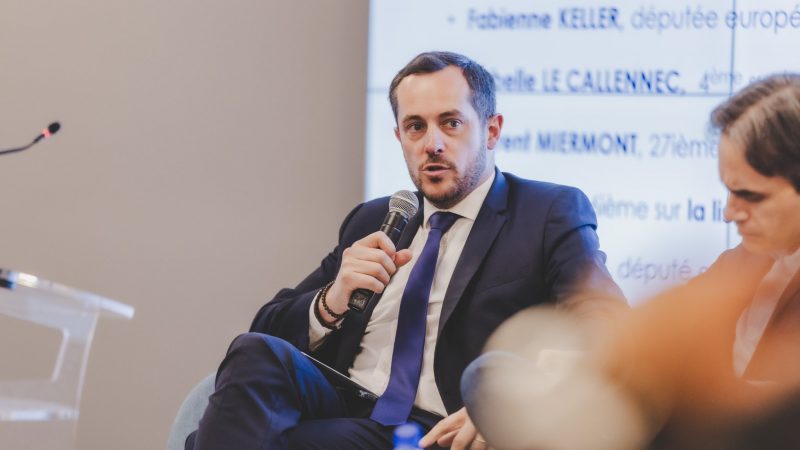
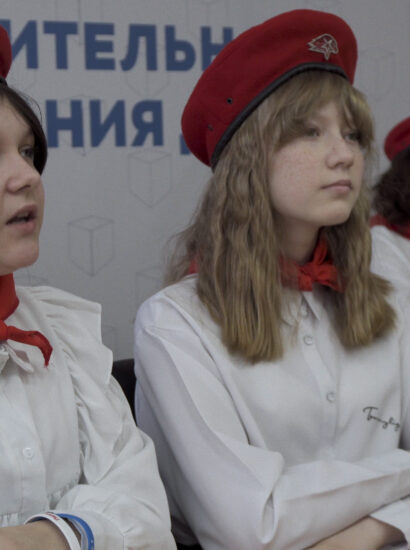
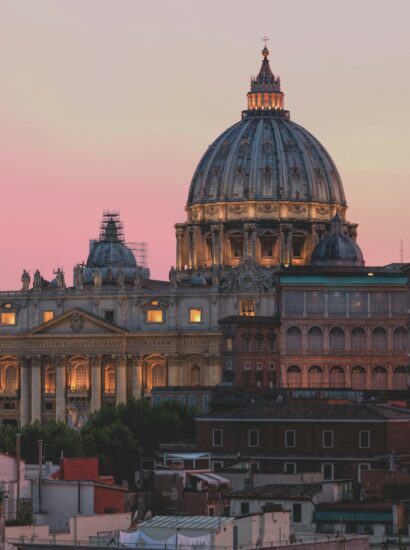
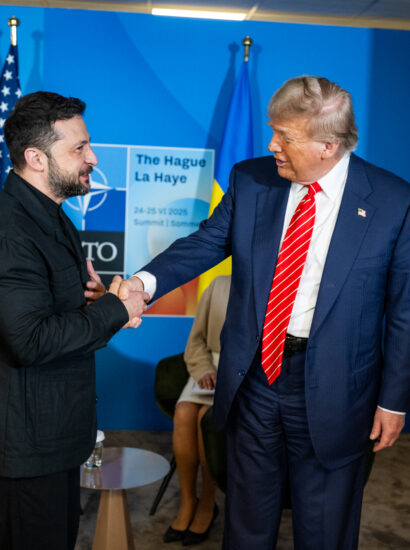
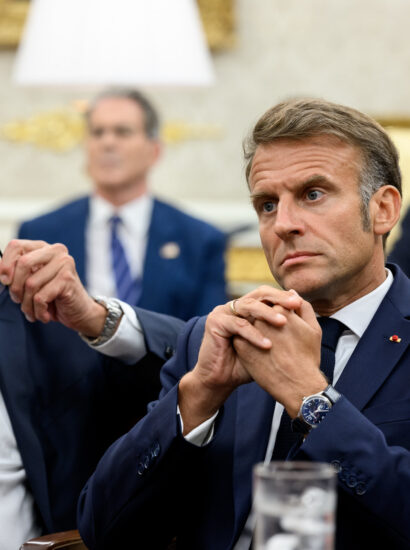


[…] at 31.37 percent of the European ballot for Marine Le Pen’s National Rally, and 5.47 percent for Reconquest, the party founded and led by nationalist firebrand Eric Zemmour, the far-right was in front. Next […]